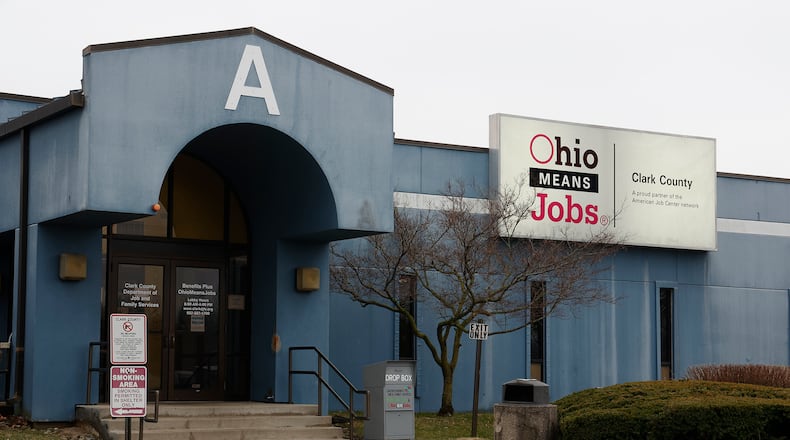“It looks like the processes are getting faster,” Booksh said.
There has been a “huge” increase in population over the last few years, Booksh said, and some of the processes to obtain documentation have changed. At first, she said these immigrants were given humanitarian parole, allowing them to stay in the country for one year, but lately ABLE has seen people given parole for two years.
“If work permits are taking a long time under parole ... the two years is more time to get through that process and possibly less denial from those documents,” Booksh said.
For each Haitian immigrant ABLE helps today, there are just as many who need help tomorrow, Booksh said.
“It’s always like if we helped 20, I know there are 20 more that they’re waiting for in our system,” Booksh said. “Then we can only help so much.”
Booksh said there is a waiting list for people seeking assistance and some don’t qualify for work permits or other documentation.
The wait time varies for each document an immigrant is seeking, Booksh said. People who are under asylum seem to be getting necessary documents more quickly than those on humanitarian parole or Temporary Protected Status (TPS).
Haitians can re-apply for TPS now through Aug. 3, according to United States Citizenship and Immigration Services (USCIS).
In order to qualify for parole, immigrants must submit an I-94 that tells the government when the person entered the country and identification that shows from which country they came.
While USCIS has not issued any notice that it is quickening the process to get people documentation, Booksh said she has heard that the office is getting more immigration adjudicators, or judges, who are handling cases.
But sometimes USCIS does not issue responses to applications until right before the deadline or right before a person’s TPS or parole expires, which Booksh said does not give them much time to fix any mistakes or issues.
Virginia Martycz, director of the Clark County Department of Jobs and Family Services, said shorter wait times for work permits and other documents in some cases is making it easier for DJFS to help this population in an efficient manner.
Booksh said she has seen several cases where people applied for work permits in February 2023 and just received them in December or January. She said the average wait time appears to be about 11 months, which can present a challenge in earning income and finding safe housing in the meantime.
This is leading some people to seek out assistance from unqualified individuals, like notaries, Booksh said. Sometimes the unqualified people are unaware they may cause delays by improperly filing documents, but other times they are purposefully taking advantage of the immigrant population, asking for exorbitant sums for their services that do more harm than good.
“I mean I don’t blame them, but it does make the process a lot more difficult for them because it delays the possibility of a rapid response and immigration relief, and also they might lose their money,” Booksh said. “They might lose all the investment they have put into that application with the person that might not really be helping them.”
Booksh said because ABLE is using a clinic system to provide assistance, it is difficult to track how many people and families it has helped, but it works to process as many applications as possible.
“A lot of people I have seen have faced the challenge with a positive attitude trying to deal with it instead of fighting against it, and that has been a big surprise and a pleasant surprise,” Booksh said.
About the Author
